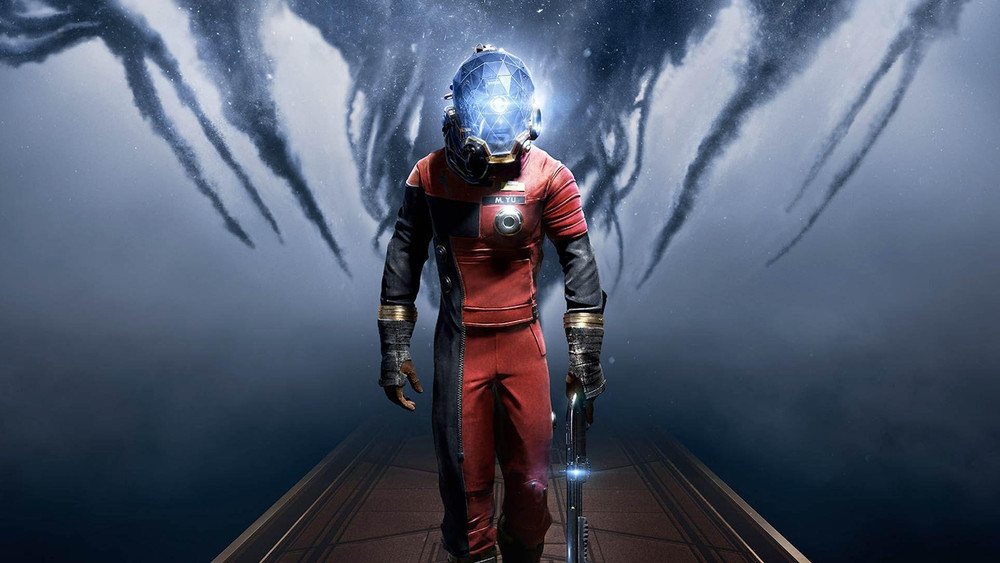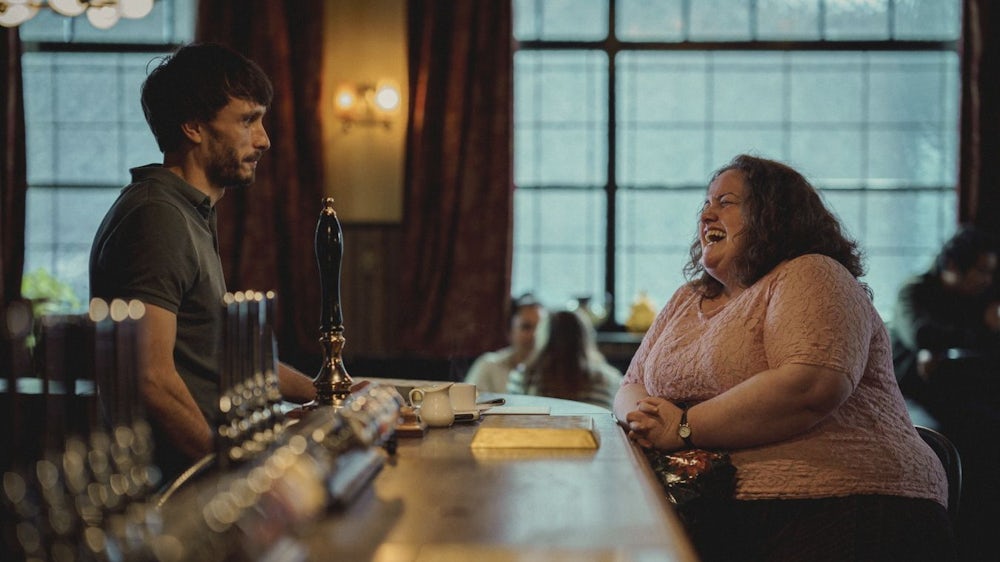Reviewing The Reader is not going to be easy. In fact, I wonder why I even bother. Maybe it’s because The Reader managed to touch all my strings and I have the feeling I need to write something about it just to be able to get said strings unstrung. Maybe. Hopefully.
One day in Europe
Before I let myself get carried away in the morality-versus-law discussion lying at the core of the movie, I have to say something else: the fifties and sixties Europe created in The Reader is reason enough to go see this movie. It’s right to the very toothbrushes, houses and bikinis. It’s breathtaking how they pulled off a two hour feature without breaking the illusion of Europe once. I’ve never seen an American production do this – the fact that a German production team, along with a bunch of Germany’s most talented actors, was involved, really helped.
With that out of the way, time to get lost in endless tirades about… other stuff. Like Kate Winslet winning an oscar. An Oscar that was well-deserved if you ask me. I don’t think I’ve ever seen a female actor pull off these kinds of performances. Before you jump on me and eat me alive, allow me to elaborate. A common tendency in Hollywood is the fact that most big actors and especially actresses seem to spend more time trying to make themselves look good than actually act properly. The Reader is somehow different: never is Hanna, Kate’s character, truly sexy or pretty. She’s always small and jagged around the edges. She walks like an old woman torn apart by guilt. This is simply beautiful. And it makes her beautiful. And sexy. If that makes sense. Doing something like this as an actress takes a lot of nerve and confidence. And lo and behold, it worked: it made the sexual tension between Michael and Hanna very… human-like. Very credible. Very recognizable.
The lady with the dog
And that’s what this movie is about. Humans. Not illiteracy, not sex, not the holocaust… humans. And how humans make mistakes, even if they know they’re making them. It’s a tragic fact that Hanna joined the SS because she was trying to hide her illiteracy, a tragic fact that lead to the destruction of her life. Every event that followed during the Second World War was a mistake in the past.
That’s one side of the coin. The other side is the story we actually experience during the movie. Michael and his decision not to help Hanna by exposing her secret is a mistake of him in the present. A mistake he can only face at the very end of Hanna’s life.
That’s it. Humans. No more, no less. Humans making mistakes and paying for them dearly. Interesting. There’s not a single hero in this movie – not even the judge that convicted the ex-SS women. It was obvious that these verdicts were only there to appoint blame and to get the trauma over with. To forget. Something we can all see for a great part in this day and age, but something that was blasphemy when you said it in the sixties.
It’s not just about you
But should Michael have saved Hanna? Is Hanna a poor woman in need of saving? The movie does a great job trying to tackle and avoid this question. You see, the thing is: we don’t seem to know this Hanna character at all. Other than two things (the fact that she’s illiterate and that she needs order) she’s kept relatively open. We can’t actually determine whether “saving” her would have been right or wrong. An interesting thought worth pondering.
That being said, however, this movie does go to the bone… and beyond. When Michael changes his mind on whether he should visit her it just takes your breath away. It’s so sad. But then again: you don’t know whether it’s the right thing to do or not. And neither does he. He’s only human; he can’t deal with it.
In All…
This is a movie about life, love and dealing with mistakes. In that way, it’s a movie about learning. And, in that way, this movie isn’t all that special; in fact it’s what we expect to see in a movie. We want our characters to learn. But the way in which our main characters learn throughout the movie is not through one another, it’s next to one another. And that’s what makes this story so special and so tragic: because it’s – unlike what movies tell us nowadays – the way in which learning seems to happen.
Favourite Quote:
Teacher: What we feel isn’t important. It’s utterly unimportant. The only question is
what we do. If people like you don’t learn from what happened to people like me, then what the hell is the point of anything?



